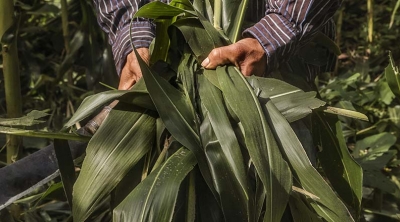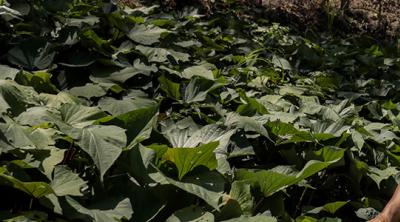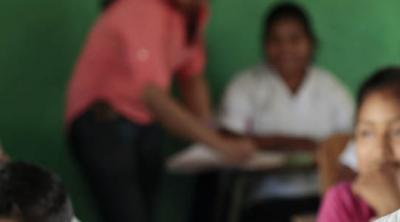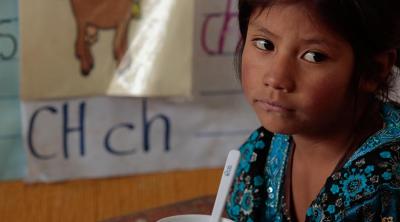CRS in Honduras
Back to back Hurricanes Eta and Iota slammed into Central America, battering communities with powerful winds. The hurricanes have hit Nicaragua, Guatemala, Honduras, El Salvador and Mexico, causing devastation and loss for the entire region. Catholic Relief Services is on the ground, providing lifesaving assistance. Your gift today will support critical relief.
With a per capita income of $2,329, Honduras is a low middle-income country with the highest levels of economic inequality in the entire Latin American region (World Bank, 2016). The stark contrast between the rich and poor is particularly marked in rapidly growing urban areas such as Tegucigalpa and San Pedro Sula, cities that continue to experience an increasing surge of crime and gang violence. Despite the precarious reality of urban life for many of Honduras’ inhabitants, the majority of the nation’s poor live in rural areas, depending primarily on agriculture for their daily sustenance and livelihoods. Hence, CRS Honduras continues to engage with communities to implement projects that span a range of sectors (e.g., education, health, agriculture, etc.) in its efforts to improve security, to diversify sources of income, and to increase access to quality education, among a host of other initiatives.
Stats
People Served: 285,415
Population: 9,182,766
Size: 43,278 sq. mi; slightly larger than Tennessee
Our Partners
Become a Partner ›CRS' History in Honduras
CRS started its work in Honduras in 1959 with a rural food distribution project. Over the next two decades we added agriculture, health and water and sanitation programs.
In the 1980s, CRS Honduras assisted refugees fleeing the civil war in neighboring El Salvador and created long-term development programs in the neediest communities. Our assistance in the 1990s culminated with the CRS and Caritas Honduras response to Hurricane Mitch, one of the greatest natural disasters ever to hit Central America. Over the last decade we concentrated on our core strengths of rural development projects in health, education, agriculture, peacebuilding, and water and sanitation.
At present we work with and through Caritas and our local partners in seven departments throughout the country. The changing economic, social and political landscape in Honduras in the coming years will challenge us to be responsive to the needs of the poor in new and innovative ways.






